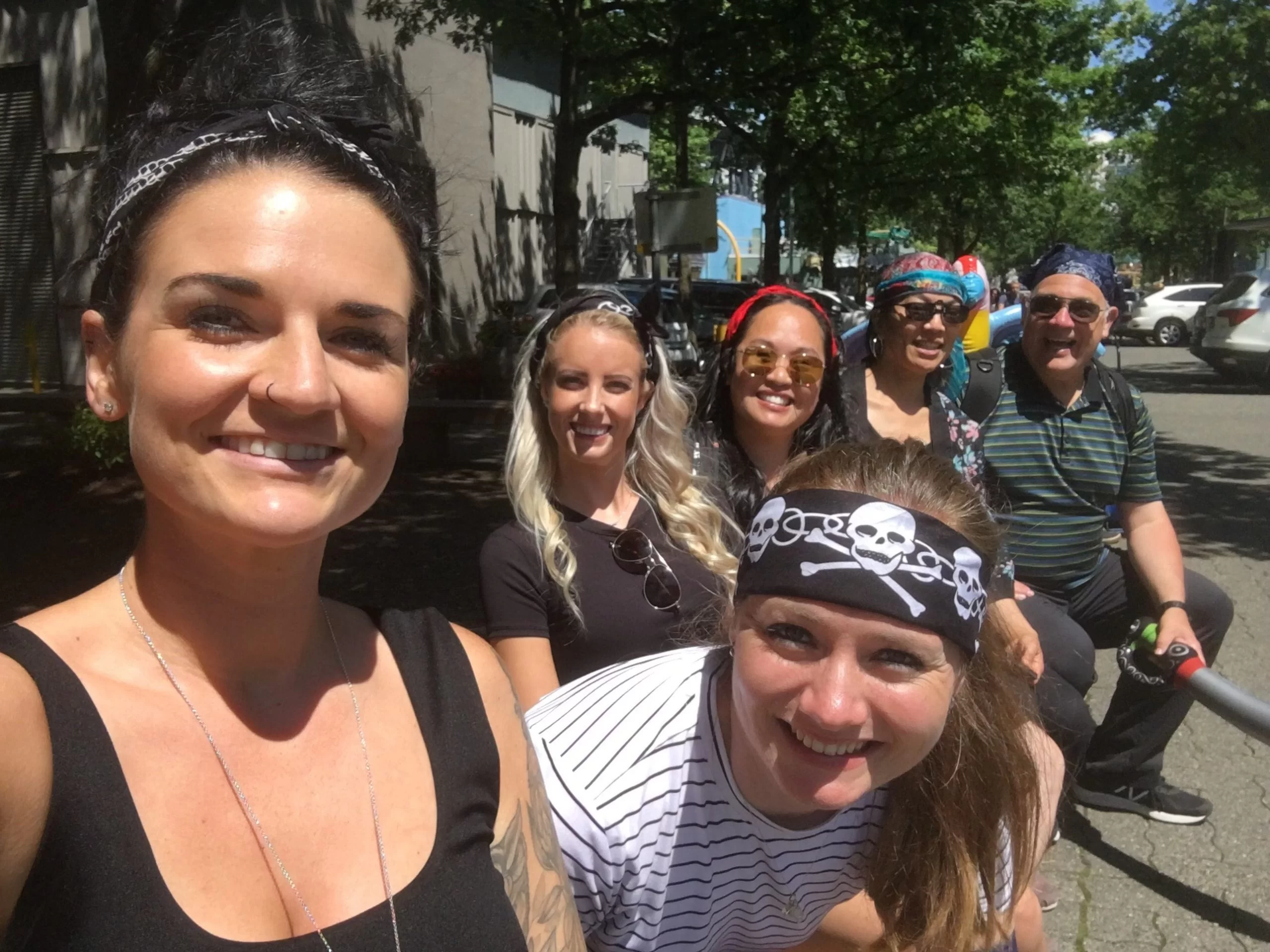The best place to start when planning a team building scavenger hunt is by identifying the objectives for the session. We are surprised at how many groups skip this important first step. Because not identifying objectives in advance can make some of the subsequent decisions more difficult.
Some Ideas about Objectives
Is the primary objective for the group to have fun? To build relationships between the participants? To compete fiercely and establish a winner? To get to know each other better? To exercise certain business skills? To step out of their comfort zone and try something new? To think outside of the box? To enhance communication back at the office? To bridge the gap between different departments, different geographic areas or even just different floors of an office building? Or perhaps it is to reunite workers who have not seen each other in a long time. It may be some combination of the above or maybe even something else. These are just a few examples of objectives that you might consider.
You Can’t Just Say Team Building
When we ask our clients about their objectives, usually their answer is something like: “Well, you know, team building.” We caution you against saying your objective is “team building”. This is a vague phrase and tends to mean different things to different people. Be as clear as possible about your objectives. This will be especially valuable information to share with a team building supplier – there are many ways to tweak a scavenger hunt based on a group’s stated objective.
Why Knowing Your Objectives is Important
For example, if the primary goal is to build relationships within the group, then having a super-competitive activity with exciting prizes might be a mistake. If the goal is to have fun but also exercise business skills, then you should be looking for a scavenger hunt that emphasizes the use of business skills and perhaps allows for some customization. If the goal is to reunite workers who haven’t seen each other in a long time, then you could make sure that there are a number of collaborative challenges for the participants to complete. Can you now see how understanding a group’s team building objectives at the beginning can impact the decision making later in the process?
What Level of Activity is Appropriate
A fairly important consideration is how much exercise people should get. Given that a scavenger hunt involves a fair amount of walking, you need to determine if this is appropriate for your group and if there may be people who would be excluded due to disabilities or injuries, for example. If you do have a scenario where people have some limitations it may still be possible to accommodate those people into an activity. In such a case the correct design of the activity becomes even more important and we recommend getting a professional team building provider involved.
We recommend spending some time identifying the objectives for the team building program because this will make many of your subsequent decisions easier.
